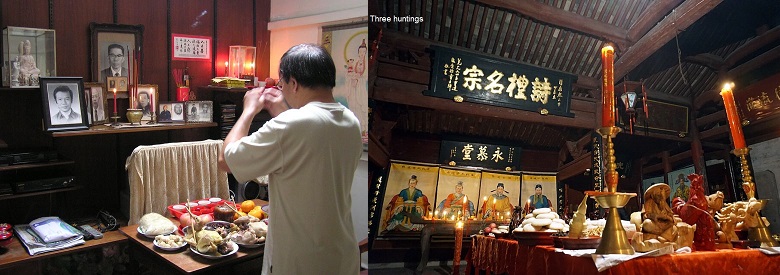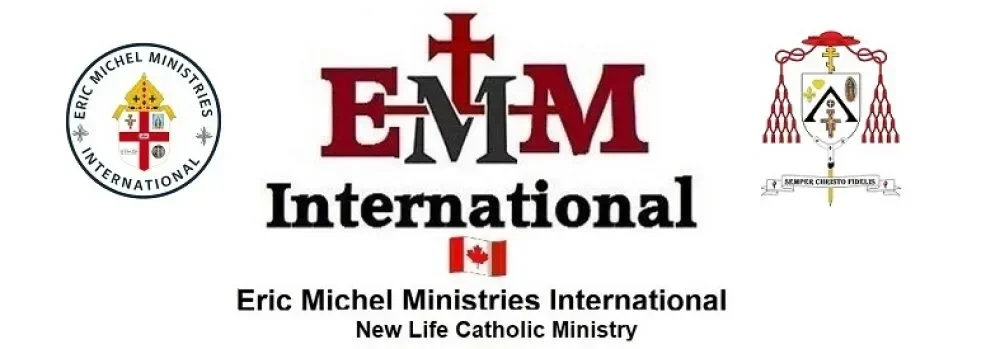Document Proposal: Honouring Our Ancestors and the lost ones in the Home

About ten years ago , I saw a documentary on a Japanese home altar for the deceased is called a butsudan (Buddhist altar) or, in a Shinto context, a tamaya. The butsudan is more common today and serves as a focal point for honoring Buddhist ancestors, often containing memorial tablets, religious statues, and a space for offerings of food and incense.
The veneration of the dead, including one’s ancestors, is based on love and respect for the deceased. In some cultures, it is related to beliefs that the dead have a continued existence, and may possess the ability to influence the fortune of the living. Some groups venerate their direct, familial ancestors. Certain religious groups, in particular the Eastern Orthodox Churches, Anglican Church, and Catholic Church venerate saints as intercessors with God; the latter also believes in prayer for departed souls in Purgatory. Other religious groups, consider veneration of the dead to be idolatry and a sin.
In European, Asian, Oceanian, African and Afro-diasporic cultures (which includes but should be distinguished from multiple cultures and Indigenous populations in the Americas who were never influenced by the African Diaspora), the goal of ancestor veneration is to ensure the ancestors’ continued well-being and positive disposition towards the living, and sometimes to ask for special favours or assistance. The social or non-religious function of ancestor veneration is to cultivate kinship values, such as filial piety, family loyalty, and continuity of the family lineage. Ancestor veneration occurs in societies with every degree of social, political, and technological complexity, and it remains an important component of various religious practices in modern times.
Read https://en.wikipedia.org/wiki/Veneration_of_the_dead
We see on the web many texts on this topic:
Ancestral wisdom is at the center of fall holidays like Day of the Dead Rev. Candace McKibbenGuest columnist Nov. 1st 2005 https://www.tallahassee.com/life/
African Ancestor Beliefs and the Catholic Communion of Saints: Concord or Conflict? South Africa, pray to their ancestors. Is this acceptable in terms of our faith? July 12, 2010 https://www.scross.co.za/
A docuementL INCULTURATION AND ANCESTOR VENERATION: THE CASE OF THE DAGAABA САТНОLICS
Recently, I saw on YouTube two Catholic priests in two talk show sugessting that we should have one also, that was in my mind since the Japanese documentary but never put in execution.
The purpose of an ancestor altar isn’t to worship the ancestors, but to honour them as the ones who came before us and gave us life, to remember them, and work with them. We are the trees and the ancestors are the roots from which we gain strength and protection. We recommend keeping altars in the public area of the home like the dining room, living room or kitchen. the traditions are funeral rites, the 49thor 100thday since passing, grave-cleaning, annual death anniversaries, but adding a home shrine altar for all ancestors and familly is a at least a weekly ritual plus adding the feast of Allhallowtide celebration.

Introduction
In the rich tapestry of our Catholic faith, the act of honouring our ancestors can become a powerful means to deepen family ties and nurture our spiritual legacy. By creating a dedicated space in our homes to celebrate those who have come before us and the loved ones we lost, we enrich our lives with their enduring love and wisdom, transforming our homes into sanctuaries of remembrance and reverence.
The Concept of Ancestor Altars
Inspired by sacred practices from various cultures, such as the Japanese butsudan, an ancestor altar serves not as a site for worship but as a sacred space to honour and cherish the lives of our forebears. Here, we can reflect on their journeys, celebrate their contributions, and seek their guidance and intercession. Just as the Catholic Church venerates saints, we too can honour our ancestors as integral figures in our spiritual journeys, recognizing their lasting influence on our lives.
The Importance of Veneration
The veneration of our ancestors is rooted in a deep understanding of kinship and continuity. This sacred practice offers comfort and strength, allowing us to draw upon the rich tapestry of experiences and wisdom passed down through generations. It nurtures within us a spirit of filial piety, family loyalty, and an ongoing connection to our heritage, reinforcing the bonds that unite us as a family.
Creating a Dedicated Space
We encourage establishing an ancestor and lost loved ones corner in a prominent area of your home, such as the dining room, living room, or kitchen, where family members naturally gather. This altar can be adorned with photos, cherished mementos, or objects that represent our ancestors, complemented by candles and fresh flowers to symbolize both remembrance and vitality. It is a space designed not just for reflection but for fostering unity, love, and connection.
Rituals and Observances
While the presence of an ancestor altar serves as a daily reminder of our rich lineage, incorporating meaningful rituals can elevate its significance. Consider these practices:
- Weekly Family Gatherings: Designate a special day each week for family members to come together, sharing stories about our ancestors and engaging in heartfelt prayer, igniting a spirit of unity.
- Annual Celebrations: Embrace the beauty of annual memorials, such as the feast of Allhallowtide, to honour the faithful departed who have shaped our lives.
- Observing Significant Dates: Acknowledge important familial milestones, such as death anniversaries and culturally significant rituals, as opportunities to remember and celebrate our ancestors’ legacies.
Conclusion
Creating an ancestor altar is a beautiful and transformative way to honour our heritage and remember those whose lives have profoundly shaped our own. By dedicating a sacred space in our homes, we cultivate a sense of belonging, gratitude, and connection to our familial past and present, as well as to our deceased family members within our faith. Let us embrace this inspiring practice, fostering a legacy of love, respect, and remembrance that will resonate through generations to come.
EMMI LINK PAGES
- Post: https://franciscanseucharist.ca/day-of-the-dead-purgatory/
- Post: https://franciscanseucharist.ca/we-survived-height-popes/
- Page (Popes): https://franciscanseucharist.ca/bereavementgrieving-the-loss-of-a-loved-one/
- Page: https://franciscanseucharist.ca/comrade-legionnaire/
- Page: https://franciscanseucharist.ca/regiment-de-la-chaudiere-1941-1944/
- Page: https://franciscanseucharist.ca/veterans/
- Blog: https://franciscanseucharist.com/purgatory/
- Blog:https://franciscanseucharist.com/remember/
- Blog: https://franciscanseucharist.com/my-parents-wedding-anniversary/
- Blog: https://franciscanseucharist.com/november-week-of-prayer-and-fasting/
- Blog: https://franciscanseucharist.com/all-hallows-eve/
- Blog: https://franciscanseucharist.com/allhallowtide/
- Blog: https://franciscanseucharist.com/virtual-prayer-and-fasting-conference-in-november/
